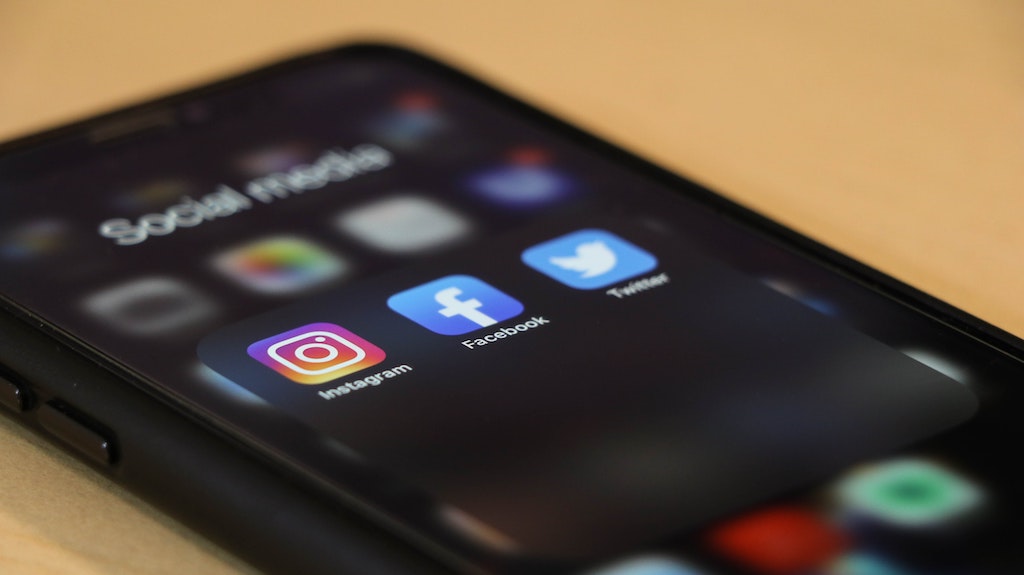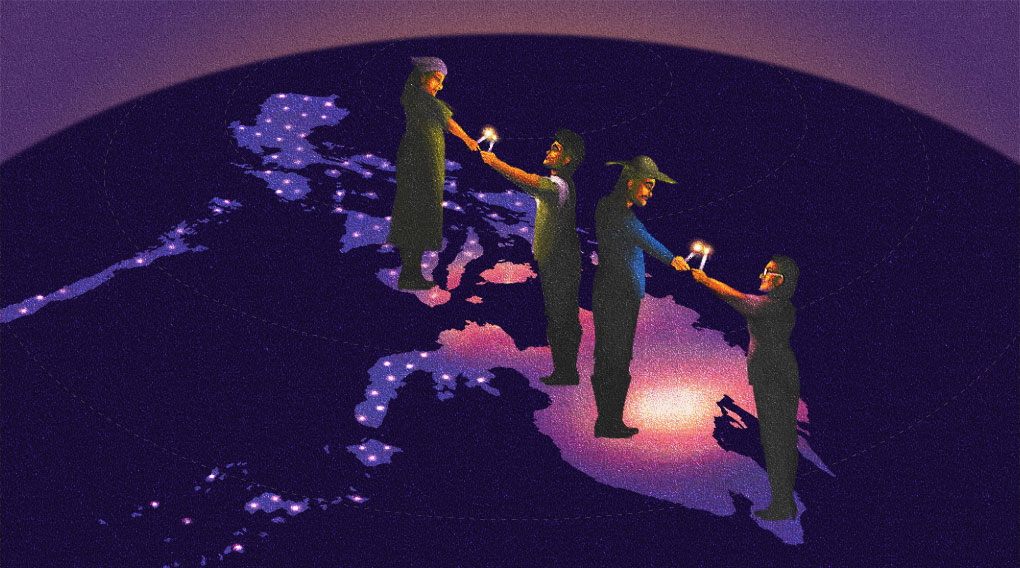If one were to gauge web traffic and bandwidth use right now, a chunk could be attributed to debates occurring across social media around the country and wherever the diaspora is.
If a clairvoyant standing on a hilltop were to pick up energy signatures from houses and buildings below, a good number would probably be having a debate over dinner on who or who not to vote for in the coming national elections.
Admittedly, there is an urgency to this election, as reports suggest disinformation is being deployed to sway voters. Some believe this is the case, while others have lost trust in traditional sources of information, such as the media, academia, and national institutions.
Not only that but the next administration will inherit crises ranging from the aftershocks of the pandemic to climate and geopolitical shocks, as well as decades-old local problems like agrarian reform, a lagging education system, and labor issues. If addressing them stays delayed, future lives, Filipino lives, especially, will pay the price.
Social media plays a role in further polarizing political opinions, and this largely rings true in the Philippines, considering that we are among the world’s top internet users. It has been discovered—and exposed by the Wall Street Journal in an investigative series called “The Facebook Files”—that anger generates a lot of engagement.

This has made echo chambers worse, putting users in silos that reinforce existing beliefs rather than showing new ideas or opinions outside of one’s box, all in an effort to generate profit through targeted advertising. Whoever wins on May 9, tech companies win more, to the detriment of Filipino society.
So with all this division being sown, how do we protect civil society?
Whoever we support, when the next storm comes, it will be us and our neighbors helping each other out first. The reality, however, is that we might disagree on politics with these same people.
The other side of the coin of the oft-headlined Filipino resilience is the fact that our public institutions still aren’t sturdy enough to be the first responders in most crises, and this is where the elections come in.
If you’re reading this, you’re likely involved with the upcoming elections in your own capacity.
You’ve probably had to deal with heckling and heated discussions. Perhaps, these flashpoints didn’t occur too far away from home, but with friends, relatives, co-workers, and schoolmates. Some have even cut people off from social media and in real life.
Whoever wins on May 9, tech companies win more, to the detriment of Filipino society.
But as illustrated earlier, this harms our social fabric as echo chambers will inadvertently deepen, and we will as a community remain divided, rendering us easily conquered by oppressors foreign and local.
So how can we reach across the growing chasm of our divisive and divided spaces?
Let’s go back to the storms. Let’s remember that at the end of the day, we’re all Filipinos with a shared history. Even if our interpretations differ, we’ve all experienced things like natural catastrophes, poverty, a lack of justice, healthcare, and opportunities.
Meet fellow Filipinos where they are: Remind each other, oneself included, that politics is ultimately not about who your manok is, but about how to respond to issues like endo, the health of lolo and lola, education for our children, rising gas and grocery expenses, rainy season flooding, and pandemic responses.
Just as in yoga where we return to the breath when a pose gets uncomfortable, we constantly recall that our disagreements should only deepen the discussion, not the divide. We need to step back and remember how social media algorithms are exploited and remember that the only enemy is our tendency to make enemies, even if what we all seek is a sense of belonging.
Meet fellow Filipinos where they are: Remind each other, oneself included, that politics is ultimately not about who your manok is, but about how to respond to issues
This simple, even trite, tool is powerful: Pausing and catching the breath when anger flashes have been proven by modern psychology, therapy, and ancient Eastern spiritual traditions to create the space needed for perspective—and empathy—to resume its flow. Right now, listening is more radical than anger.
Anger often stems from love—indignation at injustice—but we must always return to love.
It’s not about me, it’s not about you, it’s about us.




